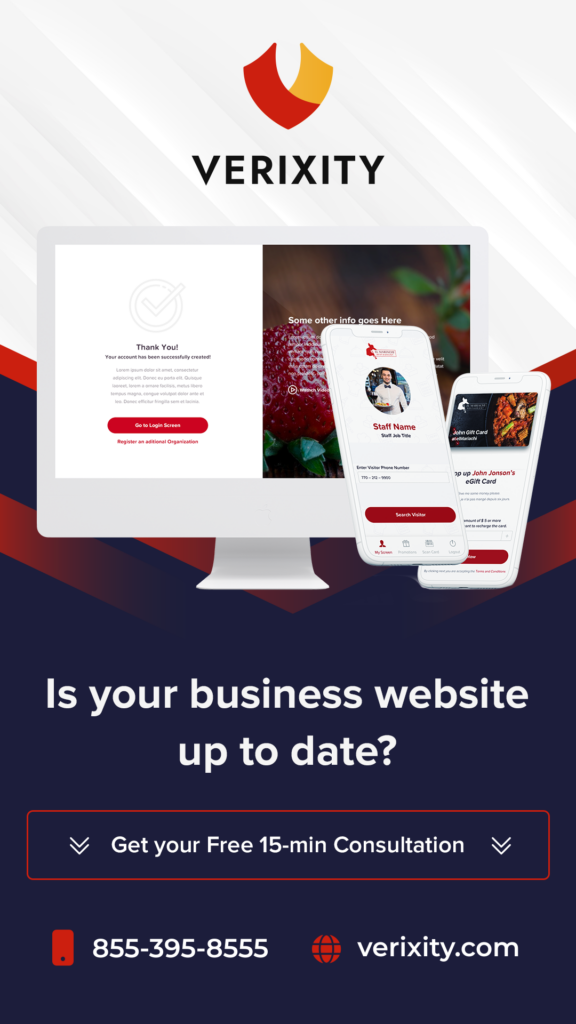Questions to Ask a Client Before Starting a Project: A Briefing Guide
When starting a project, it is important to have a clear understanding of what the client wants. This can be done by asking the right questions. In this briefing guide, we will provide you with a list of questions and answers that you can ask your clients before starting a project. This will help ensure that both you and the client are on the same page, and that there are no surprises down the road.
1. What are your project goals?
Before starting any project, it is significant to set clear and achievable goals. This will help to keep you focused and on track throughout the project. For example, if you are working on a research project, your goal may be to publish your findings in a peer-reviewed journal. Alternatively, if you are working on a design project, your goal may be to create a prototype that meets all the specified requirements. Whatever your project goals may be, it is significant to have a clear plan for how you will achieve them. By taking the time to set achievable goals, you can increase your chances of success and make the most of your time and resources.
2. What are your objectives for the project?
When embarking on any new project, it’s significant to have a clear sense of what your objectives are. This will help to keep you focused and on track, and will also make it easier to measure your progress along the way. So, what are my objectives for this project? First and foremost, I want to complete the project successfully. This means adhering to the schedule and budget, and ensuring that the end result meets all the requirements. I also want to learn as much as possible throughout the process, so that I can apply what I’ve learned to future projects. Finally, I want to build positive relationships with everyone involved in the project, from my teammates to the client. By working together towards a common goal, we can achieve great things.
3. What are your expectations for the final product?
With that in mind, you went into your purchases with the following expectations: first, that the product would be of high quality and durable; secondly, that it would be easy to use; and finally, that it would be aesthetically pleasing.
4. What is your budget for the project?
As with any project, the budget is an important consideration. When it comes to web design, there are a variety of factors that can influence the cost. The size and complexity of the site, the number of pages, and the functionality required will all play a role in determining the price. In addition, if you need custom graphics or animation, those will also add to the cost. Once we have a better understanding of your needs, we can provide you with a more accurate estimate. However, in general, most small businesses can expect to spend between $2000 and $5000 on their website. Larger companies may spend more, but they will also tend to see a greater return on their investment. A well-designed website can be a powerful marketing tool, so it is essential to invest enough money to create a site that reflects your company’s image and values.
5. Who is your target audience for the project?
When starting any new project, it’s significant to consider who your target audience is. Otherwise, you run the risk of creating something that doesn’t appeal to anyone. For example, if you’re designing a new website, you’ll need to decide whether it’s geared towards businesses or consumers. Once you’ve determined your target audience, you can then start to tailor the content and design to their needs. This may involve using certain colors or fonts that are known to appeal to that demographic. Or, it could mean creating content that is relevant to their interests. By taking the time to consider your target audience from the start, you can ensure that your project is more likely to be a success.
6. What is the timeline for the project?
Any successful project depends on having a clear timeline. This ensures that tasks are completed in a timely manner and that the project stays on track. Without a timeline, it can be difficult to gauge progress and identify potential problems. For these reasons, it is essential to develop a timeline for any project before work begins.
7. What is the scope of the project?
The scope of a project refers to the defined boundaries of the work that needs to be completed. In other words, it outlines what work needs to be done in order to achieve the project’s objectives. An efficient way to determine the scope of a project is to create a project charter. This document should include a clear and concise description of the project’s goals, as well as the roles and responsibilities of those involved. Once the scope has been determined, it is important to create a project plan that details how the work will be completed within the allotted time and budget. By clearly defining the scope at the outset, businesses can ensure that their projects are completed on time and within budget.
8. What are the project deliverables?
A deliverable is a tangible or intangible item that is delivered to a customer, project sponsor or other stakeholder as part of a project. Deliverables can be anything from final products or services, to interim reports or deliverables specifically for internal use. Typically, each deliverable is accompanied by a set of acceptance criteria that must be met before the deliverable can be considered complete. For example, a software development project may have acceptance criteria that specify the minimum functionality that must be included in the final product. Once all the acceptance criteria have been met, the product can then be delivered to the customer. Deliverables are an important part of any project, as they provide a clear and measurable goal for the team to strive towards. Without well-defined deliverables, it would be difficult to determine whether a project has been successful or not.
Asking these questions will help you to get a better understanding of what the client wants, and will help to ensure that the project runs smoothly. If you have any other questions that you think are significant to ask, feel free to add them to the list. Thanks for reading! We hope this guide was helpful.




